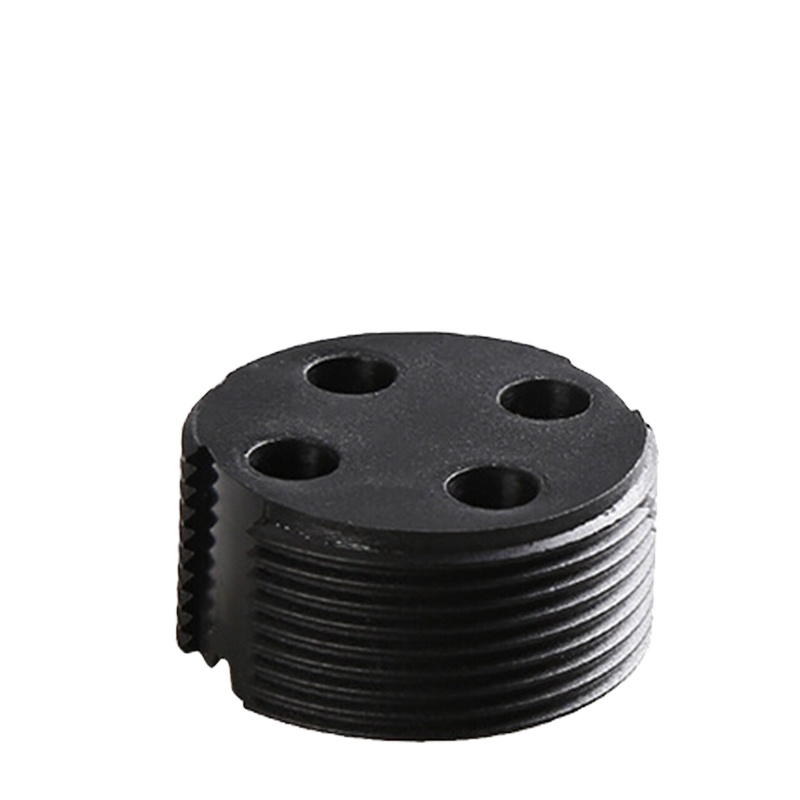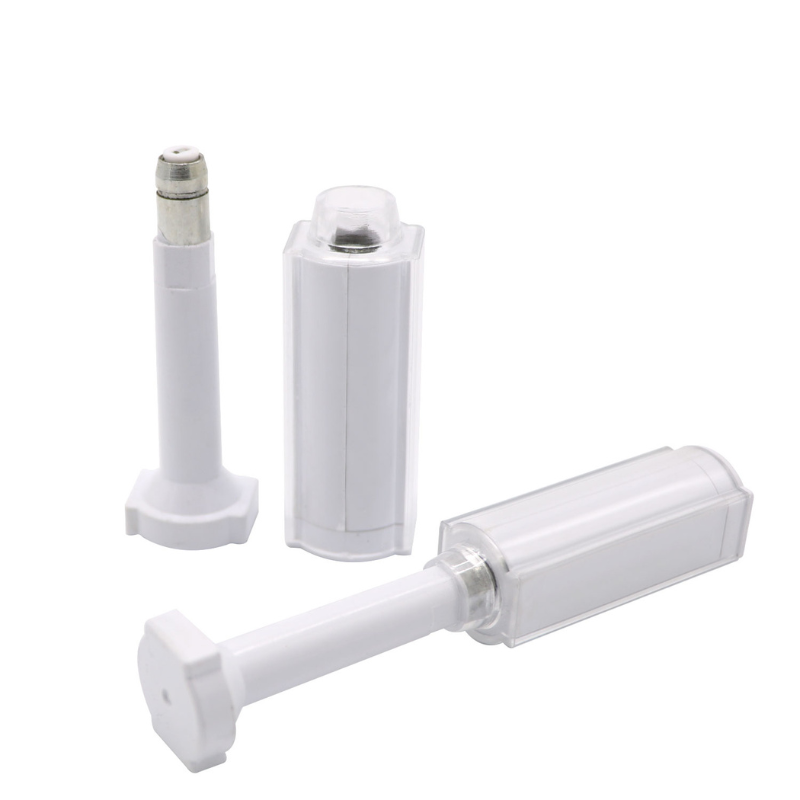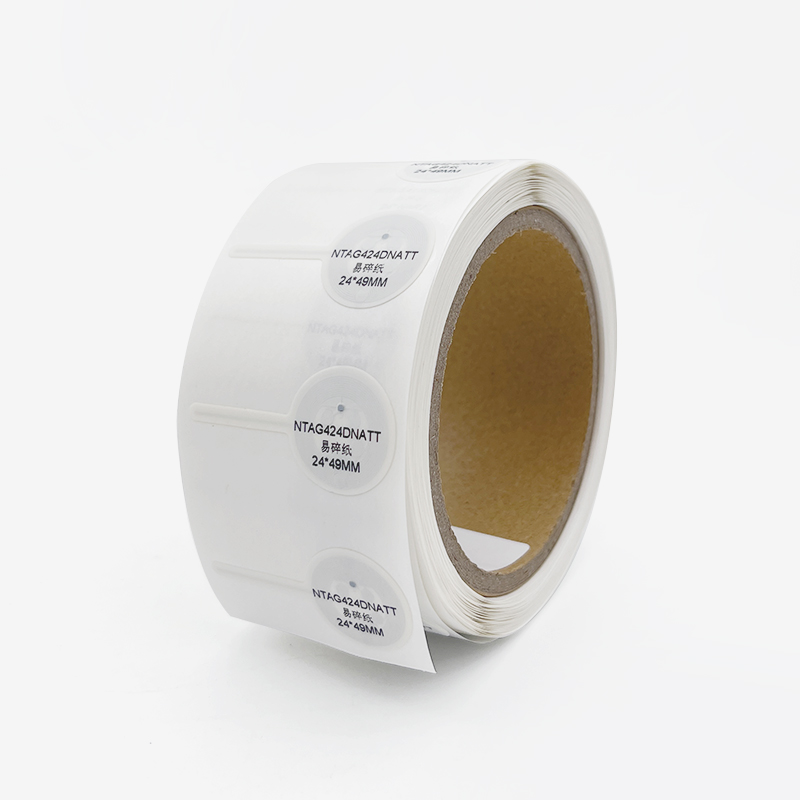
RFID Enhances Voting Security: A Technological Overview
Table of Contents
Summary
By tracking ballot boxes, voting machines, and other critical assets, RFID systems provide real-time visibility, significantly reducing the chances of errors and delays in election processes. This article delves into the technological implementation of RFID in elections, focusing on a practical case study from the Stark County Board of Elections in Ohio.
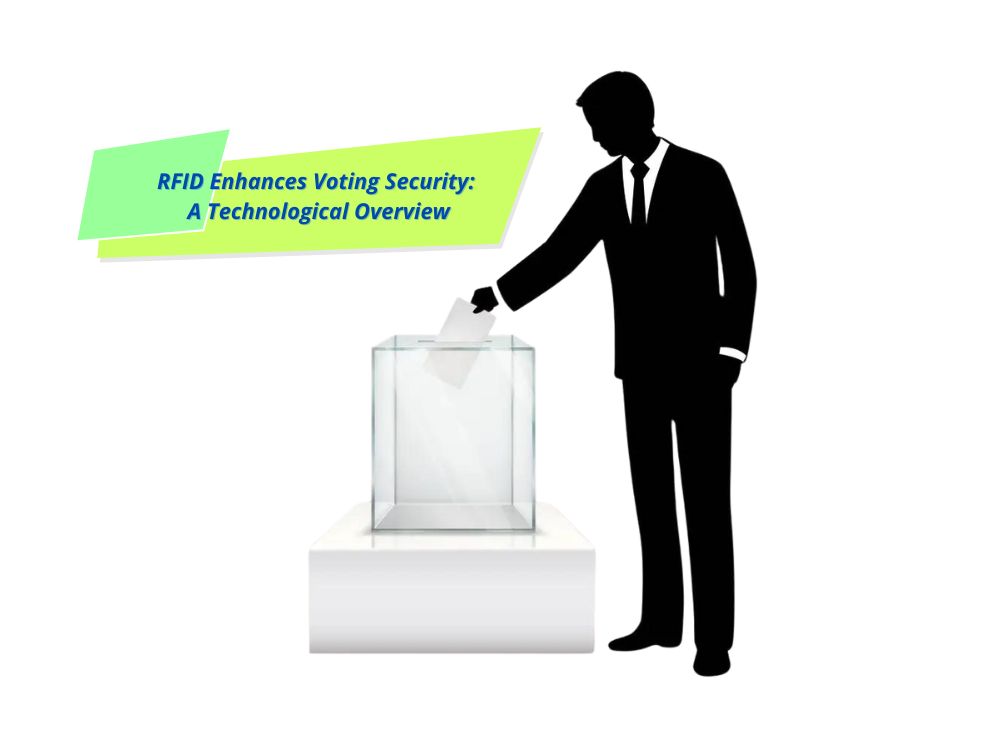
Overview of RFID Implementation in Elections
The Stark County Board of Elections (BoE) has successfully implemented an RFID-based solution to enhance the tracking and management of election assets. This system ensures that all voting equipment, including ballot boxes and memory cards, is accounted for as it moves between precincts and storage facilities. The RFID solution not only improves the efficiency of asset management but also ensures that election results are processed accurately and on time.
RFID Technology in Election Management
Introduction to the System
The Stark County BoE adopted a low-cost UHF RFID solution provided by ARK Business Systems, a subsidiary of Metalcraft. The solution, known as Grey Trunk RFID, is designed for small to mid-sized organizations and offers a simple yet effective way to track assets during elections. The system allows the BoE to monitor tagged assets as they are delivered to and picked up from polling stations and warehouses, with all data securely stored in cloud-based software.
- Technology Provider:ARK Business Systems
- Solution:Grey Trunk RFID
- Key Assets Tracked:Voting machines, ballot boxes, memory cards
- Storage Method:Cloud-based software
RFID Technology | Description |
Grey Trunk RFID | A low-cost UHF RFID solution for small to mid-sized organizations |
Key Features | Asset tracking, real-time updates, cloud-based data storage |
Main Application | Ensuring voting assets are accounted for and election processes are efficient |
Deployment and Functionality
The system was first deployed in late 2018, just in time for the primary and general elections in Stark County. The BoE manages 126 polling locations, and the RFID system plays a crucial role in ensuring that all voting-related equipment is tracked accurately. Traditionally, this process required manual paperwork, which was prone to errors and delays. The new RFID system automates this process, reducing the likelihood of mistakes and speeding up the entire election procedure.
RFID Tagging and Data Management
Each voting asset, such as ballot boxes and memory cards, is tagged with a passive UHF RFID tag. These tags contain unique ID numbers, which are linked to detailed data about the specific asset within the Grey Trunk software. As assets are delivered to and from precincts, election workers use handheld RFID readers to scan the tags, updating the asset’s status in real-time.
- Tagging Method:Passive UHF RFID tags
- Data Management:Secure cloud-based software with real-time updates
- Scanning Devices:Handheld RFID readers
This real-time tracking capability allows election officials to quickly locate any missing items, such as a misplaced memory card, ensuring that all votes are properly accounted for.
Case Study: Stark County Board of Elections
Challenges in Manual Tracking
Before implementing the RFID system, the Stark County BoE relied on manual tracking methods, which often led to delays in releasing election results. For example, finding a missing memory card could take hours, delaying the entire election process. This was particularly problematic when results were expected by the public and the press.
- Issue:Delays in manual tracking led to late election results.
- Impact:Increased pressure on election officials and potential for errors.
Advantages of RFID Implementation
The Grey Trunk RFID system addressed these challenges by providing a more streamlined and error-proof tracking method. During the 2019 general election, the BoE successfully used the RFID system to locate a missing memory card that had been left in a box on a warehouse shelf. This quick resolution highlighted the system’s effectiveness in reducing the time and effort required to manage election assets.
- Solution:RFID tracking improved efficiency and accuracy.
- Outcome:Faster resolution of issues and timely release of election results.
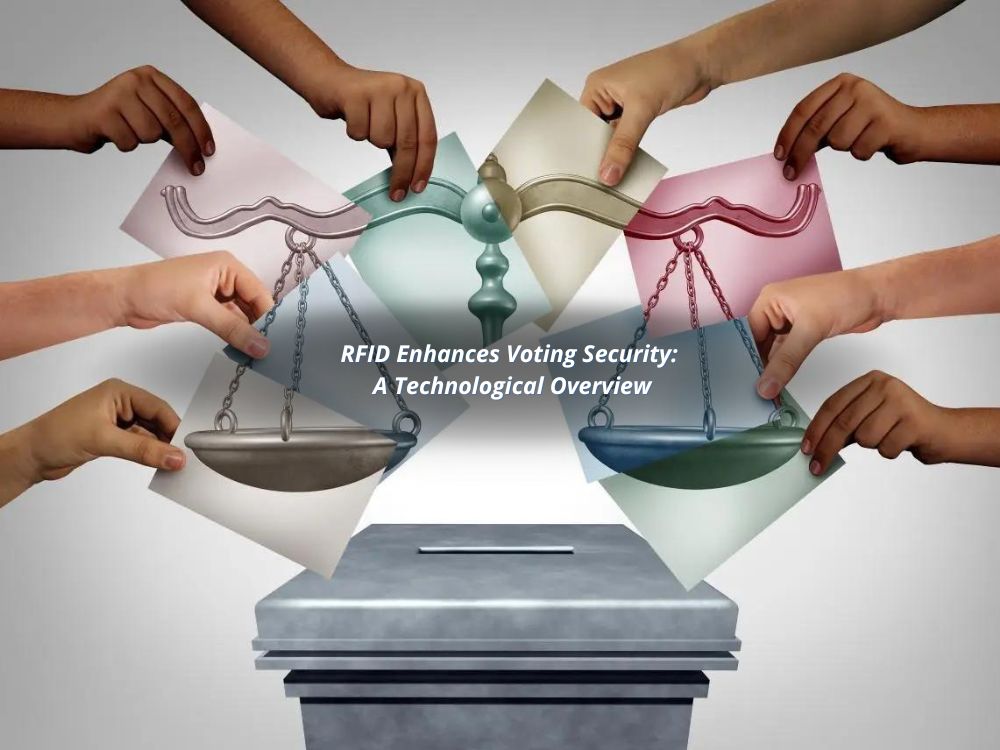
Expanding RFID Use in Elections
Scalability and Cost-Effectiveness
One of the key advantages of the Grey Trunk RFID system is its scalability and affordability. Designed for small to medium-sized organizations, the system allows users to start tracking assets with minimal investment. For example, tracking up to 500 assets costs just $49 per month, making it accessible to a wide range of election boards and other organizations.
- Pricing Tiers:
- Fewer than 100 tags: Free
- 100 to 500 tags: $49/month
- Up to 10,000 tags: $149/month
This flexible pricing structure, combined with the system’s ease of use, makes it an attractive option for other election boards looking to enhance their asset management capabilities.
Future Applications and Upgrades
The Stark County BoE plans to continue using the Grey Trunk RFID system in future elections, with the goal of achieving 100% implementation across all voting assets. The system’s ability to handle large volumes of assets efficiently makes it a valuable tool for ensuring the integrity and accuracy of election processes.
Conclusion
The integration of RFID technology into election management represents a significant advancement in ensuring the security and efficiency of voting processes. The Stark County Board of Elections’ successful implementation of the Grey Trunk RFID system demonstrates the technology’s potential to revolutionize how elections are conducted. By providing real-time visibility and reducing the chances of errors, RFID systems like Grey Trunk ensure that every vote is counted accurately and on time. As more election boards adopt this technology, the reliability and transparency of elections will continue to improve.
Comments
Hot Products
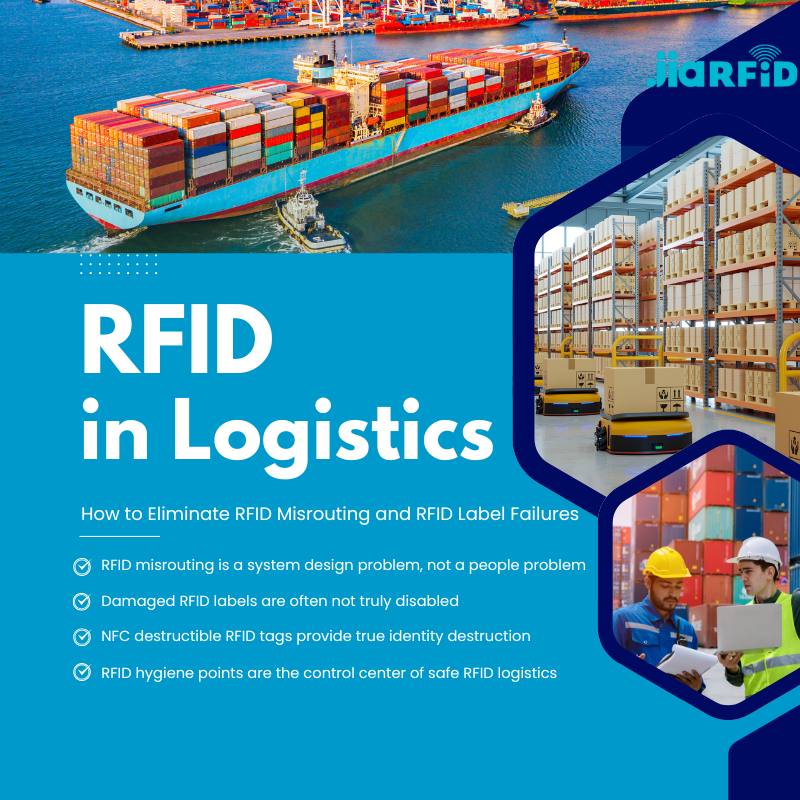
RFID in Logistics: How to Eliminate RFID Misrouting and RFID Label Failures
RFID in logistics is more than just a tool to speed up processes. It has become a key part of how modern supply chains operate.
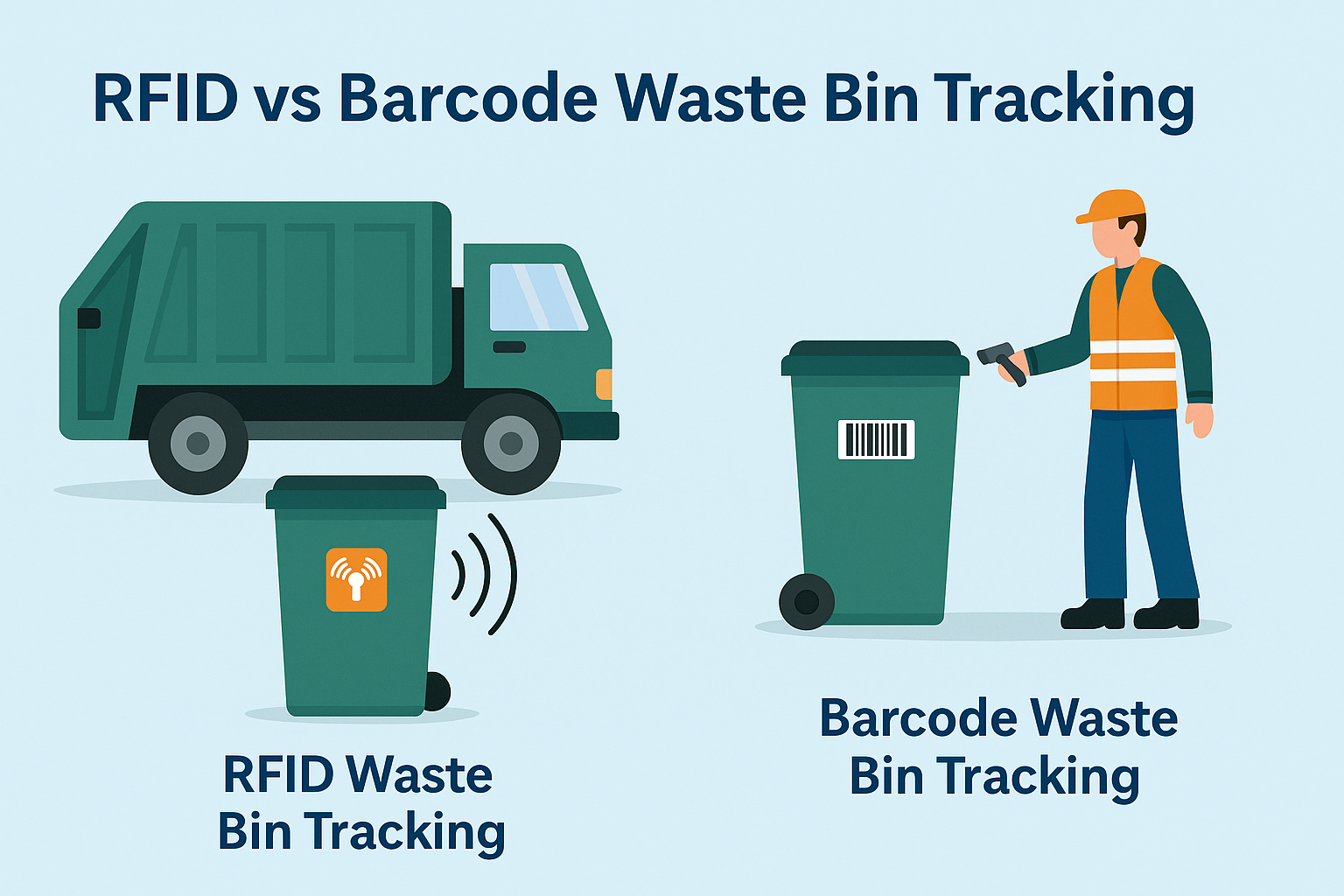
What Is RFID Waste Management
Imagine a city where every trash bin speaks — not literally — but through a tiny chip that tells the system when it’s full, when it’s emptied, and where it went. That’s what RFID waste management is doing today.
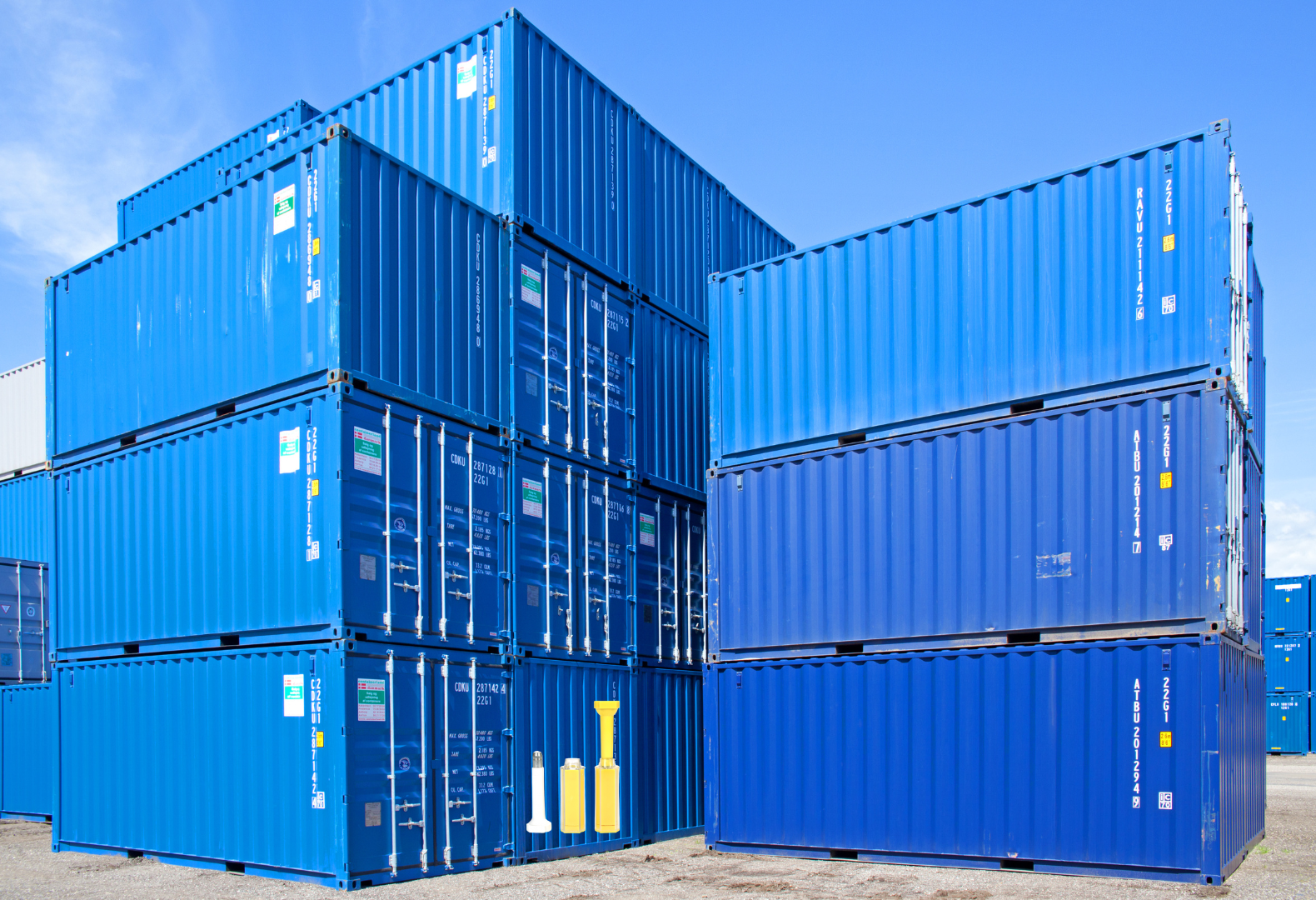
What are Bolt Seals and their Applications? | Complete Guide
In global trade and logistics, bolt seals play a crucial role in ensuring cargo security and compliance. These small but powerful devices are designed to lock shipping containers, trailers, and cargo doors with a tamper-evident mechanism.
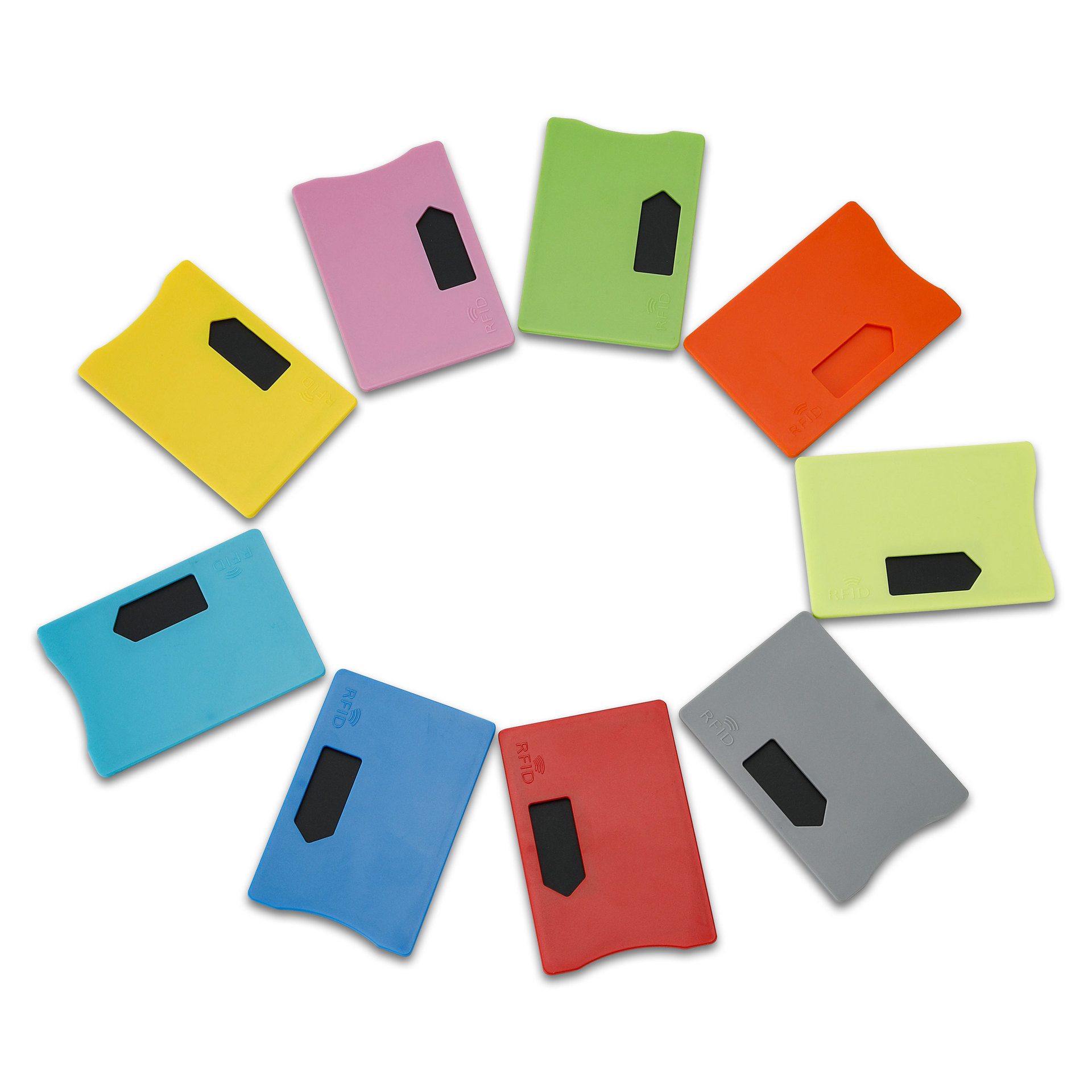
What is an RFID Card Protector? Benefits, Use Cases, and Buying Guide
RFID technology (Radio Frequency Identification) is everywhere: in your credit cards, ID badges, transit passes, hotel room keys, and more. It offers speed and convenience, but it also opens the door to a new kind of digital theft called “skimming.” That’s where an RFID card protector comes in.

RFID Wristbands for Events: Bulk Buying Guide for Organizers
RFID wristbands for events are becoming the go-to solution for organizers who need faster entry, fraud prevention, and cashless payments at concerts, festivals, and sports venues. Unlike paper tickets or QR codes, these smart wristbands use embedded chips to streamline access, secure transactions, and improve the guest experience.
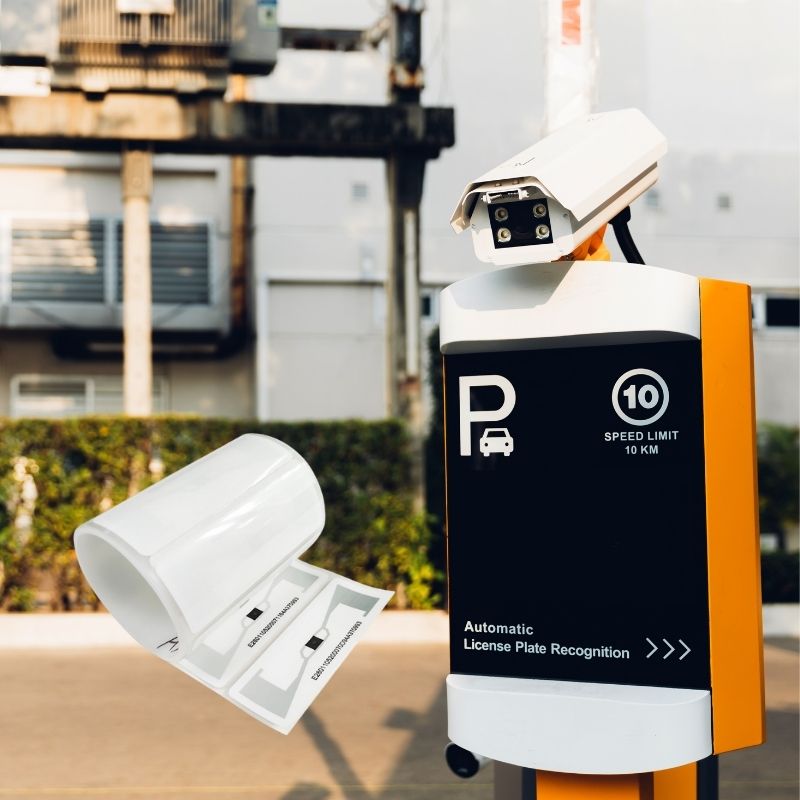
How RFID Tag on Windscreen Improves Vehicle Access Control and Toll Systems
In today’s fast-paced world, vehicle identification needs to be quick, secure, and contactless. An RFID Tag on the Windscreen provides exactly that — a reliable way to manage toll collection, parking, and gated access without stopping vehicles.
Tags
RELATED BLOGS

RFID in Logistics: How to Eliminate RFID Misrouting and RFID Label Failures
RFID in logistics is more than just a tool to speed up processes. It has become a key part of how modern supply chains operate.

What Is RFID Waste Management
Imagine a city where every trash bin speaks — not literally — but through a tiny chip that tells the system when it’s full, when it’s emptied, and where it went. That’s what RFID waste management is doing today.

What are Bolt Seals and their Applications? | Complete Guide
In global trade and logistics, bolt seals play a crucial role in ensuring cargo security and compliance. These small but powerful devices are designed to lock shipping containers, trailers, and cargo doors with a tamper-evident mechanism.


